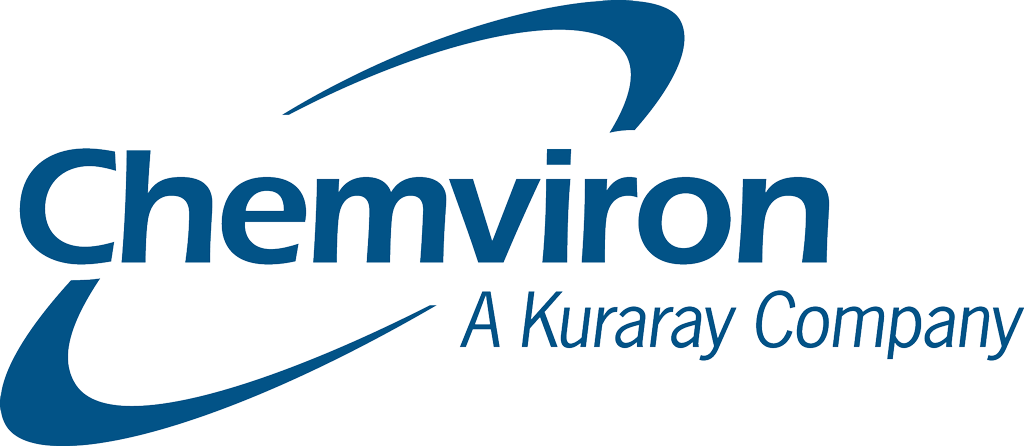PFAS Removal
Chemviron’s activated carbons and mobile carbon filter technology are proven treatment solutions for PFAS removal.
What are PFAS and How to Remove Them?
Per- and polyfluoroalkyl substances (PFAS) are a large class of thousands of highly stable manmade chemicals that are used throughout society in a large array of applications such as firefighting foams, coatings, refrigerants etc. The very stable carbon fluoride bond makes these molecules difficult to breakdown which is why they persist in water, soil and air. Learn more on our Discover page.
Activated Carbon Technology for the Removal of PFAS
Adsorption onto activated carbon is one of the most studied technologies for PFAS removal as this treatment has been widely used for many years to adsorb organic compounds from drinking water treatment. Granular activated carbon (GAC) filters are an effective technology for removing PFAS compounds from water. This is because the strong fluorine-carbon bond and low vapour pressure make PFAS resistant to a number of other conventional water treatment technologies such as direct oxidation, biodegradation, air stripping, vapour extraction and direct photolysis (UV).
Depending on the specific PFAS or group of PFAS to be removed, the nature of the other organic matter or contaminants or constituents in the water, the desired water flow rate or the process plant conditions, the performance of the activated carbon may vary. To ensure the effectiveness of any installed activated carbon, it is important to understand the site requirements and operating conditions so that the right activated carbon solution can be selected and applied.
Chemviron Activated Carbon Technology
Chemviron’s reagglomerated bituminous coal-based products can remove an array of PFAS including both long- and short-chain compounds to levels below detection limits. Chemviron granular activated carbons can also be effectively recycled by reactivation for reuse providing an effective sustainable treatment solution.
Chemviron activated carbon types have a proven track record in the removal of the most common 48 PFAS compounds from a diverse types of waters.
The high-performance FILTRASORB® granular activated carbons are the most widely used granular activated carbons for drinking water treatment in Europe and the United States. FILTRASORB® carbons are re-agglomerated activated carbons and so designed to provide the optimum pore structure for effective micropollutant removal with proven performance for a wide range of pesticides, trace organic compounds and PFAS.
Filtrasorb carbons are the most studied activated carbons and one of the best available treatment technology for PFAS. In practice, FILTRASORB® and the subsequent reactivated FILTRASORB® can reduce PFAS from raw drinking water sources to below detection limits.
For the treatment of industrial wastewater effluent, Chemviron provides activated carbons which are effective in the removal of both long and short chain PFAS molecules from an array of different wastewater types.
As more and more sites across the world have been identified with historical PFAS pollution, there is an increasing need for remediation of these lands. The use of activated carbon in mobile carbon filters proves to be a reliable and proven technology to remove PFAS from the associated groundwater, drainage water and soil washing water.
More and more concerns are also raised regarding PFAS emissions to air. Chemviron CYCLEVENT mobile filters can adsorb these PFAS emissions on our dedicated types of activated carbon.
How to determine the best solution for PFAS removal from water?
As PFAS can be present in diverse types of water to be treated such as drinking water, industrial wastewater, groundwater, drainage water etc, this is where the expertise of Chemviron can be of a significant benefit as our mobile filters and activated carbon types are widely applied in these different applications.
The type or types of PFAS molecules to be removed as well as their likely concentrations and the required treatment objective are key information to determine the feasibility and operational requirements for an activated carbon solution. Our team of adsorption experts can provide customers with specific guidelines for the removal of PFAS from water.
Additionally, the Chemviron technical service laboratories are equipped with activated carbon evaluation techniques to test the effectiveness of activated carbon on the polluted water such as isotherm and rapid column testing.
Contact our dedicated technical services team to discuss potential treatment options and solutions and how we can help with current or future needs.
What happens to the used activated carbon?
Spent or saturated activated carbon containing adsorbed species can be thermally reactivated, destroying the adsorbed contaminants and allowing the activated carbon to be recycled and reused in the same application with similar performance.
Chemviron has more than 45 years of experience in the operation of our dedicated thermal reactivation for saturated activated carbon and these facilities have the required environmental permits to provide the safe reactivation of saturated activated carbon.
All activated carbons that are presented to Chemviron will be thoroughly examined to ensure that the treatment solutions proposed are according to local and European regulations.
Why Choose Chemviron as your Solution Provider?
Chemviron have been purifying air and water for over 80 years. This extensive expertise and a detailed understanding of customer requirements have enabled Chemviron to provide a complete purification and recycling (reactivation) service to help drinking water plants and remediation operations meet demanding regulations.
- Practical technical advice and support on the appropriate activated carbon and service solution for the application – contact a representative to find out more.
- Provision of laboratory rapid testing or field pilot unit testing to determine the optimum operating conditions which often prove to be invaluable in determining the most efficient solution for the purification challenge.
- The manufacturing of high-quality granular activated carbons, such as FILTRASORB®, appropriate for the application and produced by our Company.
- CYCLESORB® mobile carbon filters are available on a lease basis that can be rapidly deployed and installed on-site, prefilled with activated carbon for immediate use. Used carbon units can then be replaced with fresh filters, removing the need for any site carbon exchange.
- Custom reactivation of the spent activated carbon in one of Chemviron’s dedicated recycling facilities enables its effective return and reuse at the same water works.
References & Case Studies
- Field Tests and Pilot Systems to Test Water
- Water World Article on PFAS
- Granular Activated Carbon Removes PFAS from Drinking Water – Update New York Case Study
- Calgon Carbon Initiates Emergency Response to PFAS Detection Blades, DE
- Eielson Air Force Base Case Study
- What are Per and Polyfluoroalkyl Substances – PFAS
- Webinar: Thermal-reactivation-the-sustainable-pfas-removal-solution


